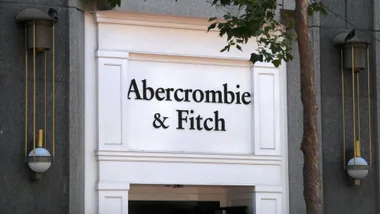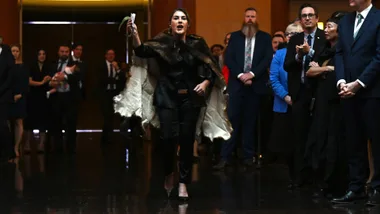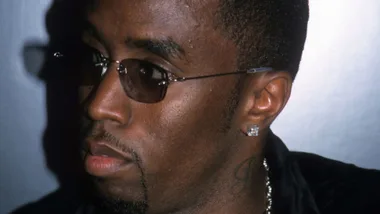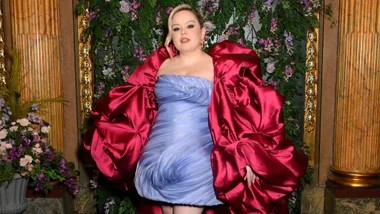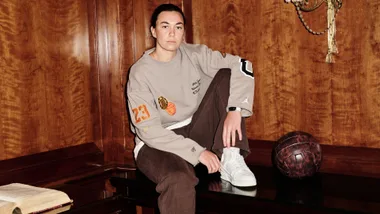A UK mother has expressed her frustration over her daughter’s school banning children from wearing designer shoes. The mother, who goes by Kelly, told HullLive that her daughter and stepdaughter, who are in year seven and year eleven, got in trouble for wearing Vivienne Westwood ballet flats to school.
“It is just ridiculous – the Vivienne Westwood shoes are just plain black shoes, they’re comfortable and they’re good quality so they last a long time,” Kelly told the publication.
“I’m not sure how which brand of shoes you wear affects your ability to learn.”
According to Kelly, it’s only branded shoes that are banned, which means that children are still allowed to wear branded bags and coats. The story, which has made headlines around the world, also started a marie claire office debate over whether schools should ban designer items.
Below, we hash it out.
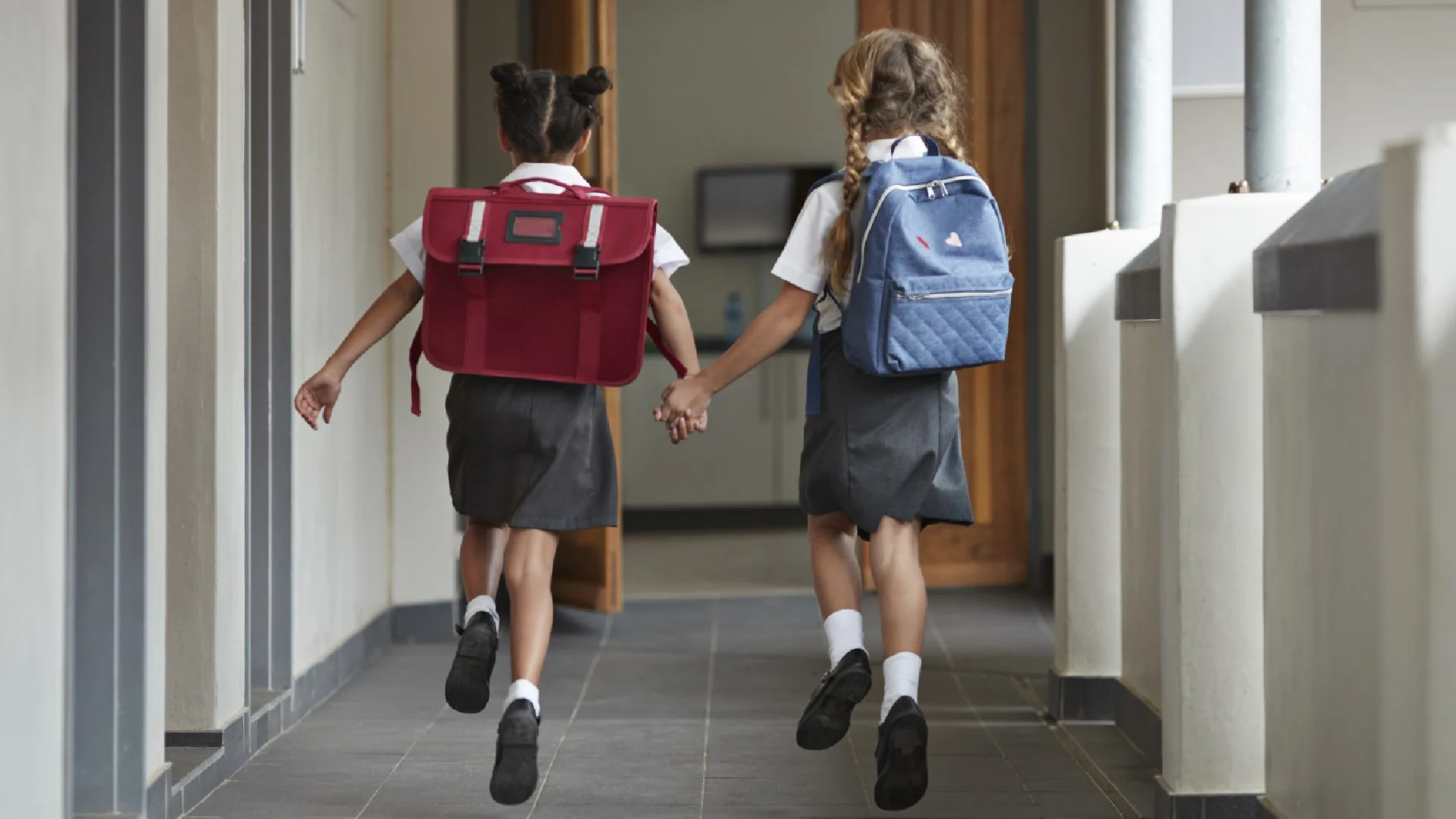
Should Children Be Allowed To Wear Designer Items To School?
Yes – Sarah Walker*
The debate sparked by a single pair of Vivienne Westwood ballet flats is extremely interesting in what it says about wealth signalling.
While these flats meet the dress code, they’re being banned because they’re a ‘name brand’ shoe. But what if the shoes had been ‘Nike’ branded or even ‘Clarks’ branded – shoes that are also expensive but are well loved in the playground?
Potentially it’s because Vivienne Westwood is seen as a designer brand set at a higher price point that the child was targeted? We can’t help but ask: what if a child were to wear a non-descript but equally expensive pair of shoes? Would they too be sent to detention for the mere price of their accessory?
What is implied in the uniform ruling is that a ‘name brand’, ‘designer’ or ‘high end’ shoe signals that someone has money, that it puts them ‘above’ other school students. Obviously, it’s extremely problematic to equate ‘expensive’ with ‘better’ in itself.
The ruling was likely made in solidarity with those who can’t afford to purchase Vivienne Westwood shoes, and I see why these ‘equalising’ measures were sought out. Kids can be cruel and no one should be made to feel less than based on what they can afford.
Potentially it’s in the grey area that this rule is so bizarre. The mother says that ‘name brand’ coats and bags are allowed, but not shoes. There is also a lot of interpretation that goes into what constitutes a prohibited ‘name brand’.
Instead, maybe the school wants to enforce price limits on school items? Or, perhaps it’s about time that they instead focus on teaching children that their value isn’t bought by what they can afford to put on their feet, but instead the output from their brains, the generosity in their hearts and their kindness of spirit.
It’s when children fully understand that value doesn’t come from the label on your clothing but how you feel and how you make others feel, that this whole discussion becomes less meaningful.
No – Teneal Zuvela
When I was in high school, the coolest shoes to wear were a $20 pair of Volleys from Big W. While you might presume that most parents would be thrilled with such an affordable pair of shoes to be the it-item, my best friend’s dad, Graeme, wasn’t so keen on her wearing the shoes.
You see, Graeme wore Volleys at school as well—not because they were cool but because they were all his family could afford. Years later, those shoes still brought back the feeling of not being able to afford things that everyone else could.
When the mother of the designer shoe wearer claims that the brand of shoe doesn’t affect a child’s ability to learn, she forgets that academics aren’t the only thing children are learning at school. They’re also learning about their place in the world, and how to view themselves in comparison to other people.
Clothing, whether we like it or not, is attached to status. If they are the one child with Kmart ballet flats among a group of children with Vivienne Westwood flats, the chances are, they aren’t going to feel that good about it—and if they’re the child with the designer ballet flats, what are they learning about themselves? That they’re above someone without designer shoes?
Even if you don’t teach your child to see themselves that way, the social politics of the playground might.
As much as they might try, schools don’t have a lot of control over what happens between children. A lot of their interactions—the good and the bad—take place in private.
Banning kids from wearing designer items to school is one tiny thing that they can do—and I’d argue that the parents who complain about their children not being able to wear their designer shoes to school probably don’t understand the impact on children who don’t have those things to wear in the first place.
